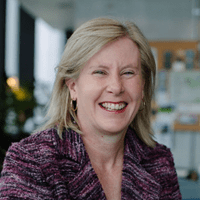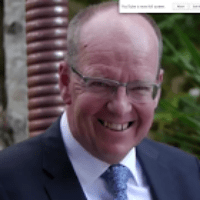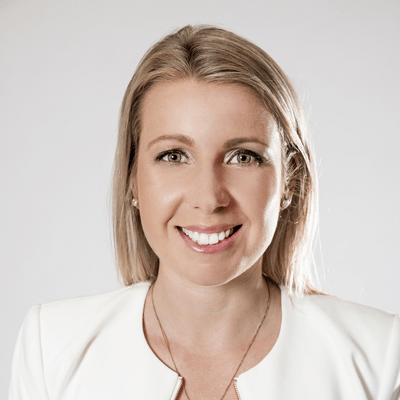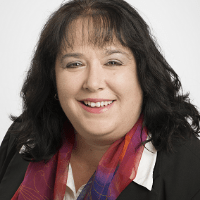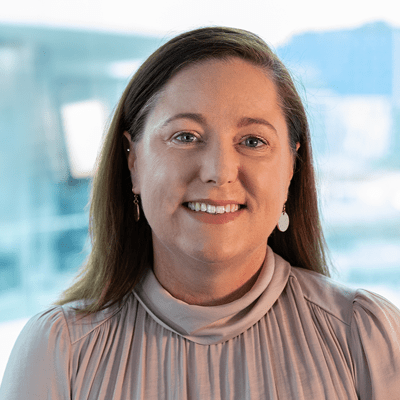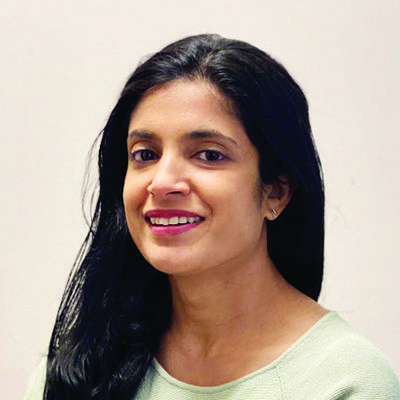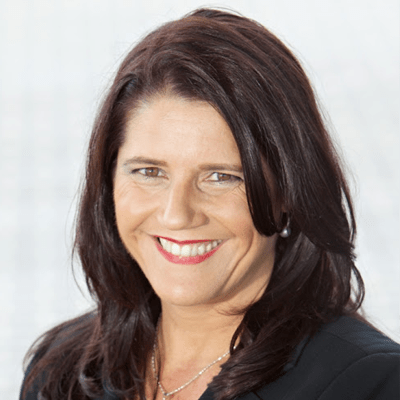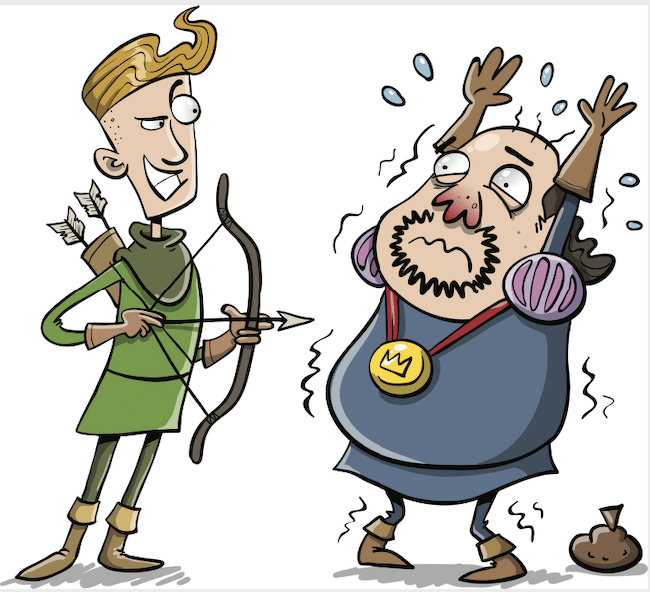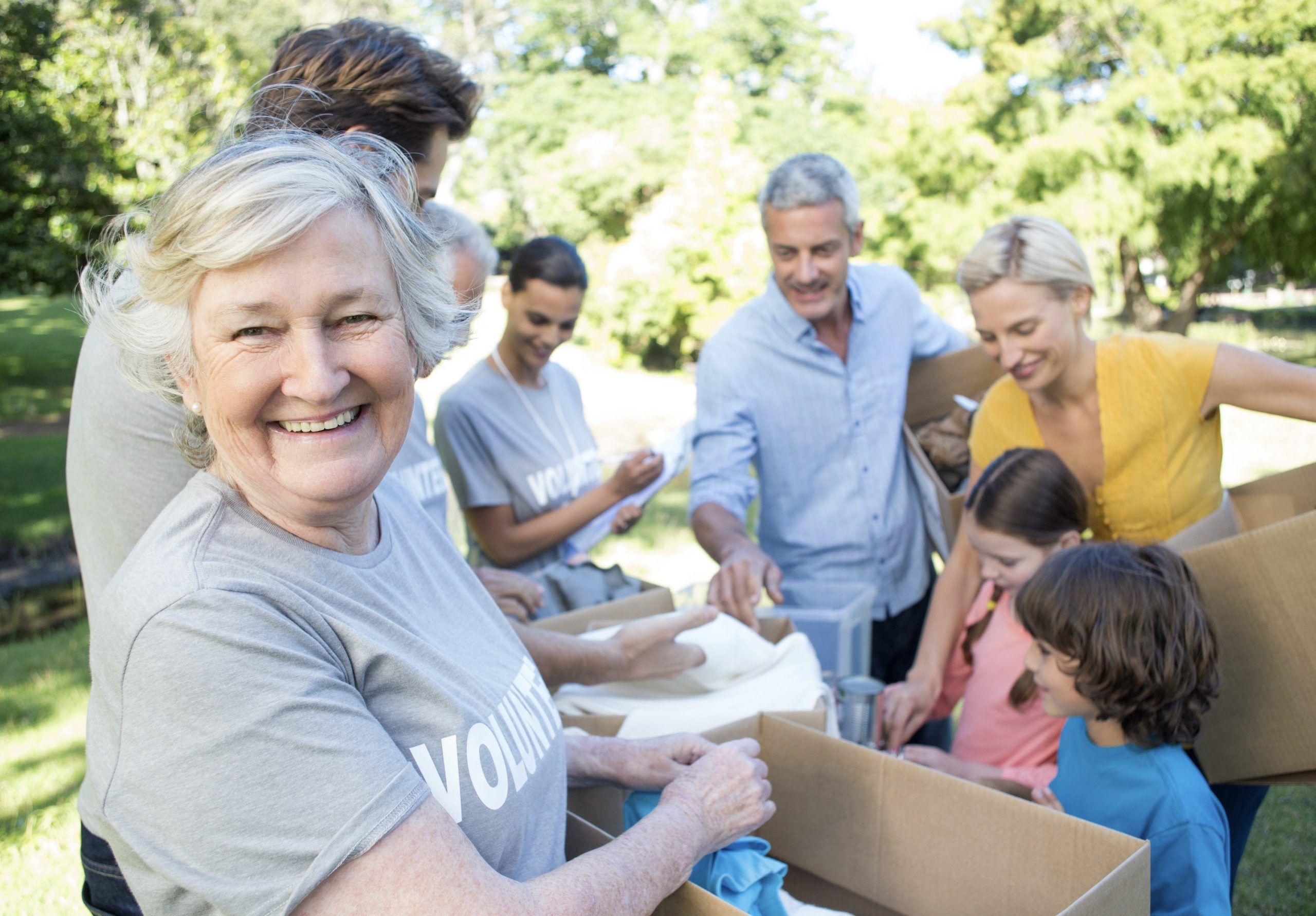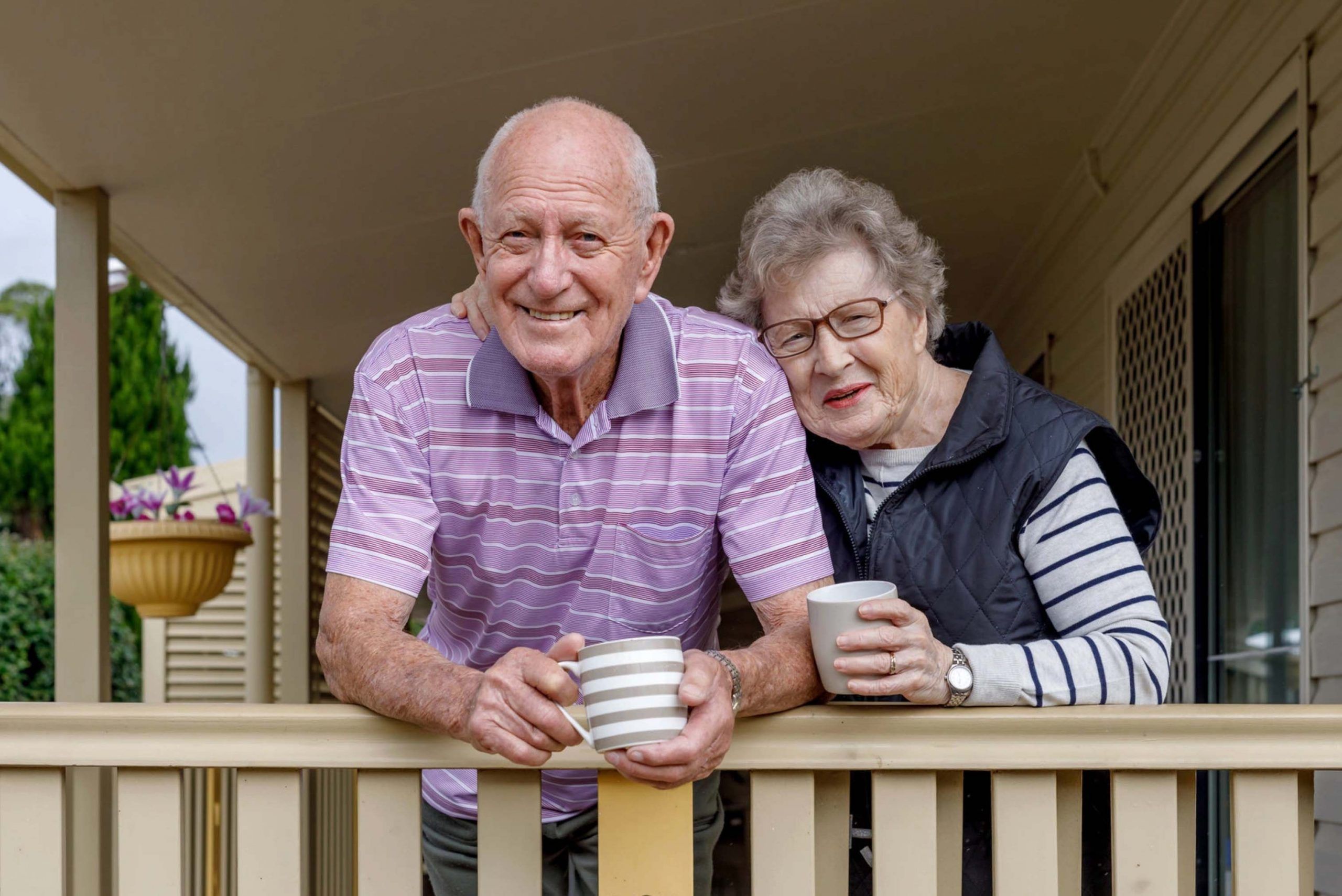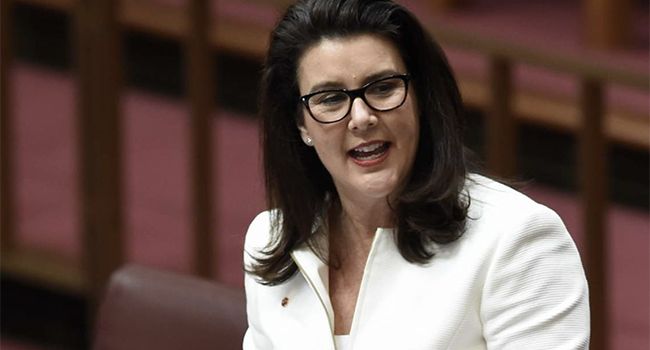
“Damning” – minister calls out super industry over how women are treated
The government minister in charge of super has called out the multi-billion dollar industry over women, demanding huge corporations that deal with the country’s retirement savings do more about the gender gap and financial literacy for women.
Jane Hume, who is also in charge of Financial Services and Financial Technology, told a special conference for top women in the super industry the level of literacy among women was “damning”, adding: “Financial literacy among women is particularly poor. We must do more to boost women’s financial literacy.
“I call on the industry to be a leader in the solution.”
A recent study conducted by the Association of Superannuation Funds of Australia found 34 per cent of members “rarely or never opened their communications from their super funds. They found them too complicated or simply couldn’t be bothered.
“Women trail men in financial literacy and yet more women than ever are financially independent of them. There have never been more women choosing not to marry, leaving relationships or partnering in same-sex relationships. We must do more to boost women’s financial literacy.”
In another study conducted by the University of Melbourne, only 35 per cent of women were able to answer correctly five basic financial questions on inflation, calculating interest and portfolio diversification.
“The results were damning – especially from a gender perspective. Fewer than half could answer all five basic questions correctly. And worse there was a distinct gender gap. Although fifty per cent of men managed to score a perfect five, only thirty five per cent of women did the same.”
When the Reserve Bank of Australian surveyed high school economic students on what topics interested them most, the girls said “identifying problems” and the boys said the “share market.”
Ms Hume said the super industry had expressed a desire f0r gender economy, but it was up to them to do more to support Australian women. That includes teaching them about how to handle their money.
“If you are genuine about your desire for gender equity in super – and I believe you are – it is incumbent of the superannuation industry to do more to support the financial literacy of Australian women.” she said.
“Investing in the financial education of Australian women is an investment in not only in the industry’s future but also in our society’s prosperity – it is an investment in our daughters and their futures.”
She added: “I can assure you that the Government – and I personally – am acutely aware of the superannuation gap for women.”

Ms Hume said if there’s a silver lining to come out of the COVID-19 crisis, it is that Australians are taking a “deep dive” into their personal finances and “shining a long overdue spotlight on their superannuation.”
She said that allowing Australians to make two withdrawals of $10,000 each from their super in the midst of the pandemic has resulted in 2.7 million people withdrawing up to $33.5 billion from their funds.
“Many people have found themselves asking for help for the first time in their lives,” she said.
“Just last week, quite late one night, I had a call at home from a mother of my child’s school – I hardly know her. But she was crying. Her marriage had ended, her once successful event management business has folded, her year 11 daughter is doing well at school in the circumstances and is aiming to do science after she finishes next year, but the fees are due.
“Could I just maybe let her know – was the government thinking about a third tranche of super. I had to say no. That kind of distress – that private despair – is gut wrenching.”
According to the Australian Bureau of Statistics, 57 per cent of those who accessed their super have used or planned to use it to pay household bills, mortgages, rent and other debts while 36 per cent are adding it or planning to add it to their savings.
“When I look into the eyes of my 14-year-old daughter, I have so many hopes and dreams for her future. She’s unlikely to fulfil all of them – after all they are my dreams for her, not hers.
“But most of all, I want her to feel strong, I want her to be capable and want her to feel that she alone is in control of her destiny and she has the knowledge and skills to make the most of the opportunities she has, no matter what life throws at her,” she said.
The impact of the COVID-19 pandemic has been a testing time for households and businesses across the country she added. “Coronavirus has turned this country on its head – but please be assured that we have not lost sight of the important issues.
“Women’s economic security makes for a better society, a stronger country and will remain a priority of the Morrison Government, no matter what life throws at us,” she said.
See also: Women are the biggest Covid Super losers – but simple changes can help

